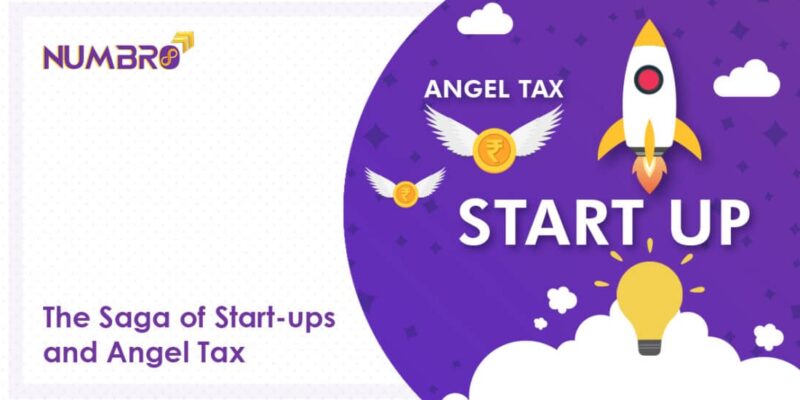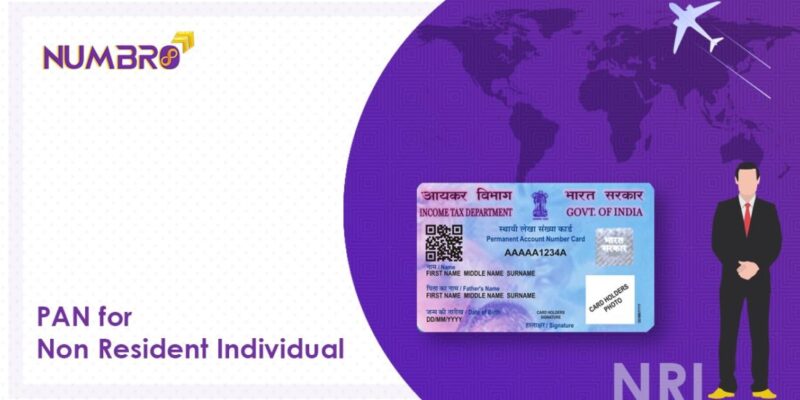The Saga of Start-ups and Angel Tax
What is a Start-up?
A startup is a company that is in the initial stages of its operations. The promoters basically come up with an idea/ business model that targets the market needs by developing or offering an innovative product, process or service. These companies generally look for investments to scale up their idea/business model from angel investors who perceive the value in the said business model and are eager to take the risk and invest in the given startup.
Start-up India Initiative
The Government of India introduced ‘Start-up India‘ initiative for creating a conducive environment for the start-up companies in India. The CBDT inserted Section 80-IAC in IT Act vide Finance Act 2016. This provision provides for 100% tax deduction in respect of profits of start-ups which are approved by the Department of Industrial Policy and Promotion (DIPP).
What is Angel Tax?
As a general rule, any premium receipts by the assesses towards issue of share capital being capital receipts, should be out of purview of tax but the Income-tax dept, vied The Finance Act 2012, as part of the Measures to Prevent Generation and Circulation of Unaccounted Money has introduced Section 56(2)(viib) of the Income Tax Act wherein as per the said section, If a closely held company issues shares at more than its fair market value (FMV) to an Indian resident, then the amount(premium) received in excess of fair market value of shares will be deemed to be income of the startup and shall be charged to tax as an income from other sources in the hands of the issuer.
Conditions for applicability of Sec 56(2)(viib) :
| (1) | It applies to a closely held company, i.e., a company other than the company in which the public are substantially interested. |
| (2) | The consideration should be received from a resident. Therefore, consideration received from a non-resident is not covered under this clause. |
| (3) | The consideration should be received for the issuance of shares. |
| (4) | The issue price of shares should exceed the face value of such shares. |
If all these conditions are satisfied, then the consideration received in excess of the FMV of the shares is considered as an income of the company issuing the shares and is subject to tax.
This section exempts a venture capital undertaking receiving the consideration for issue of shares from a venture capital company or a venture capital fund registered with the Securities and Exchange Board of India (SEBI).




